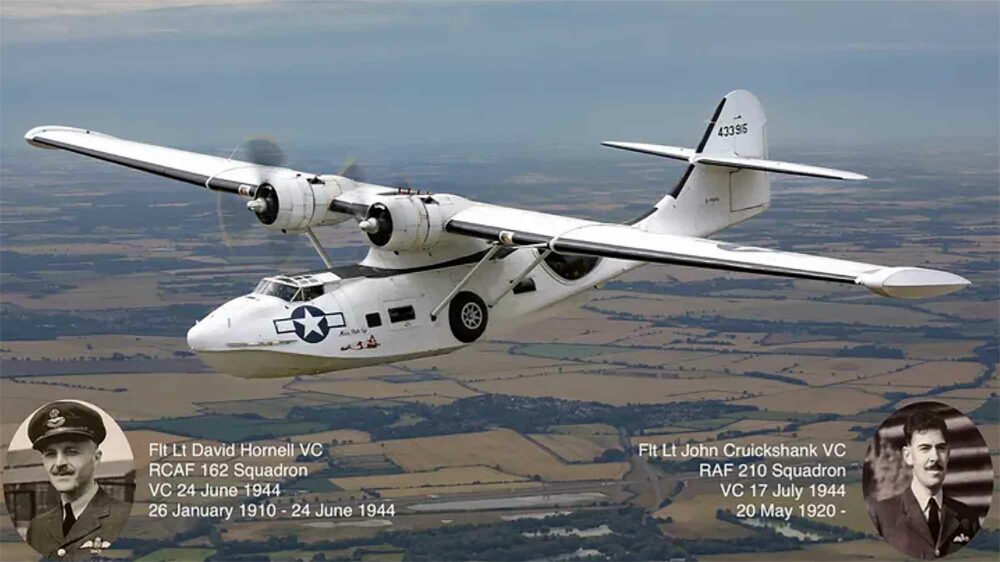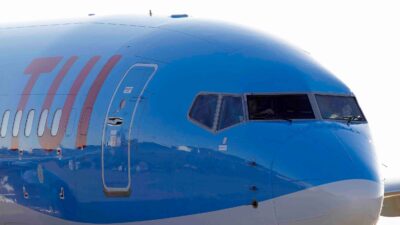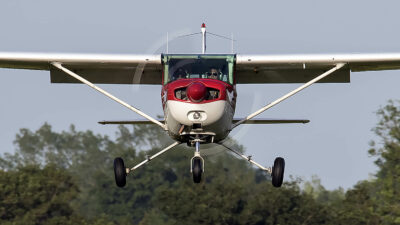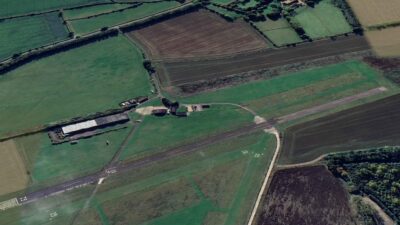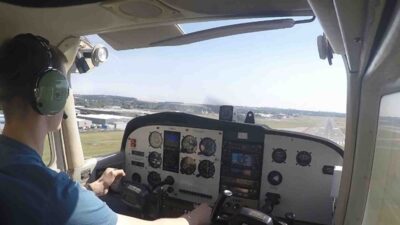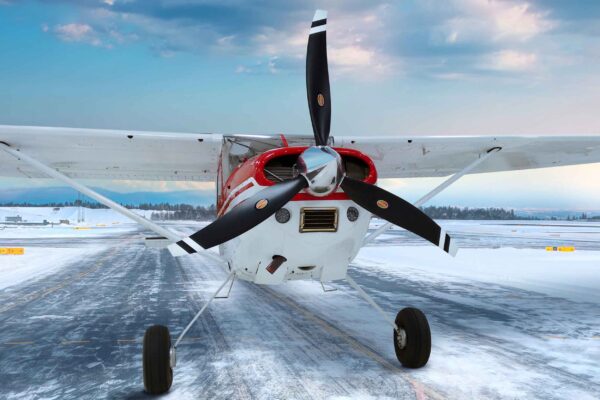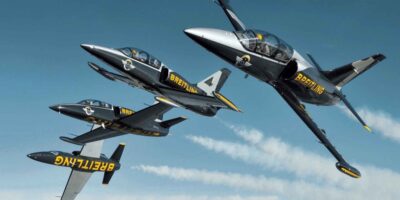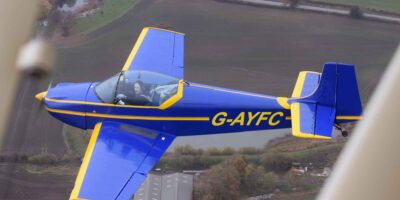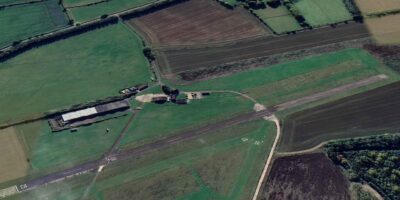UPDATE: The flypast happened 17 July.
A British pilot who sank a U-Boat while bleeding heavily from no fewer than 72 wounds is to be honoured with a flypast by the UK’s sole operational Catalina flying boat.
Flt Lt John Cruikshank, now aged 104, was awarded the Victoria Cross (VC) for the mission 80 years ago this week when flying a Catalina of RAF 210 Squadron over the North Sea.
The planned flypast – called Operation Shetland 2024 – will be in G-PBYA, a PBY-5A Catalina operated by Plane Sailing Air Displays and based at Duxford Airfield.
BBC Scotland news report
Operation Shetland will overfly various RAF Coastal Command bases, landing in Aberdeen where John Cruickshank lives before continuing to Sumburgh, Shetland. A flight is planned over Lerwick New Cemetery and Sullom Voe before returning to Duxford via the west coast and a number of RAF Coastal Command stations: Wick, Invergordon, Alness, Inverness and Oban. The whole trip will take five days, weather permitting.
A fundraiser to help finance the flight has been set up by the organiser, Jeffrey Boyling, one of the Catalina’s pilots. He told The Times, “The freedom that I enjoy today was down to my parents’ generation who gave five years out of their lives to fight in WWII.
“John Cruickshank was part of that generation and the bravery that he and his crew displayed, supported by their ground crew, was all part of the ongoing battle in various parts of the world.
“The sacrifices made should never be forgotten and this 80th Anniversary Flight by this PBY-5A Catalina Flying Boat is a tribute to all the Catalina crews who helped secure our freedom.”
[embedyt] https://www.youtube.com/watch?v=2706zlGw3yQ[/embedyt]
Flt Lt John Cruickshank’s VC was awarded after he and his crew attacked U-Boat 361. The first pass was unsuccessful as the depth charges did not release. However, they did on the second pass.
During the engagement the Catalina had sustained damage and Cruickshank was hit in 72 places with two serious wounds to his lungs and ten penetrating wounds to his lower limbs. He refused morphine so that his judgement would not be affected.
The second pilot brought the aircraft back to its Sullom Voe base in a journey lasting 5 and a half hours during which time Cruickshank lapsed in and out of consciousness. However, he returned to the cockpit and took command of the aircraft.
After another hour Cruickshank landed the aircraft and ran it ashore to stop it from sinking. He needed a blood transfusion before he could be taken to hospital. For his actions in sinking the submarine and saving his crew he was awarded the Victoria Cross.
Photos and more details of Cruickshank’s amazing story can be found on the IWM website here.
The Operation Shetland flight will also honour Flt Lt David Hornell RCAF who was awarded a posthumous VC for action flying a Catalina of 162 (Bomber Reconnaissance) Squadron RCAF out of RAF Wick on 24 June, 1944.
Contribute to the Operation Shetland fund here

Catalina G-PBYA. Photo: Catalina Society


